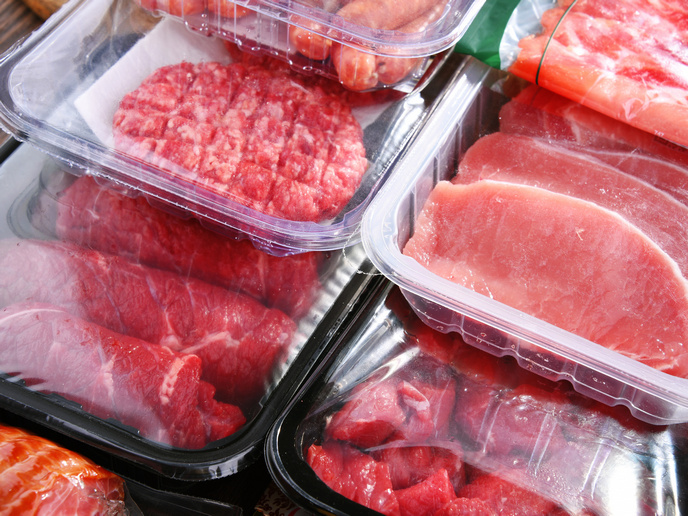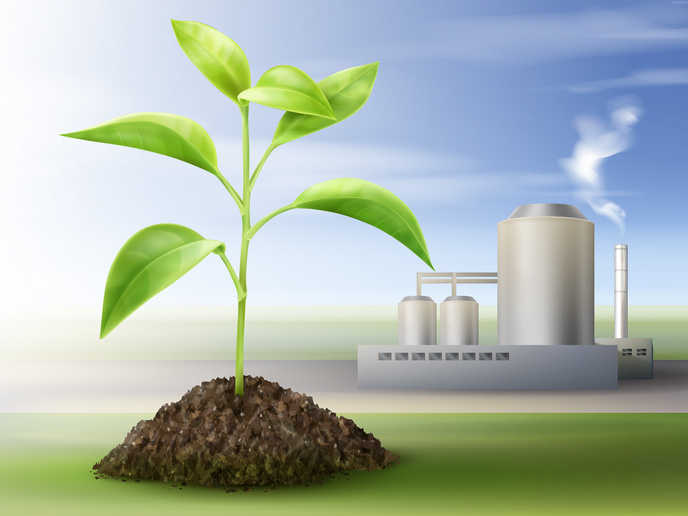Bio-based smart packaging materials
EU-funded scientists representing 19 partner institutions in 10 countries have joined forces to develop new nano-based bioplastic packaging with enhanced properties and smart monitoring capabilities within the scope of the project DIBBIOPACK . Target industries are currently the pharmaceutical, cosmetics and food sectors but applications are virtually limitless. Development work is focused on polylactic acid (PLA), a 100 % bio-originated material made primarily from fermentation of the sugars in corn. Combining PLA with nano-additives could break new ground in a huge market, including films made by extrusion laminating, trays and lids created by injection moulding, and bottles produced by extrusion blow moulding. The biodegradable packaging materials will exhibit improved thermal, mechanical and barrier properties, and be produced with sustainability and process safety in mind. Furthermore, they will incorporate intelligent technologies or smart devices to monitor oxygen levels, impart anti-microbial activity and enable traceability throughout the value chain. During the first project period, scientists produced the first formulations employing PLA together with plasticisers and nano-additives and tested them in trial moulds. In addition, the team evaluated current state-of-the-art organically modified ceramic (Ormocer®)-based antimicrobial coatings for future comparison with the new bio-based antimicrobial coating materials. Scientists also developed an ultra-sensitive oxygen sensor that will aid in increasing the shelf life of packaged products and ensuring their safety and quality throughout their life cycle. Partners are already focusing on the technology's future after the end of the project. They developed a questionnaire that will enable data collection for the life-cycle assessment, carried out a preliminary market analysis and held a seminar on exploitation strategy that resulted in the preparation of a commercialisation plan. With its new bio-nanocomposite packaging materials and processing technologies, DIBBIOPACK is poised for major impact on the safety and quality of products in the pharmaceutical, cosmetics and food sectors. The sustainable materials will be a very attractive alternative to current petroleum-based ones for producers and consumers alike. The antimicrobial and oxygen-sensing capabilities should find extensive application in numerous other fields. Taken together, DIBBIOPACK promises impressive returns on the EU's investment.
Keywords
Polylactic acid, bioplastic packaging, nano-additives, antimicrobial, oxygen sensor, intelligent technologies, pharmaceuticals, cosmetics, food, injection, blowing extrusion







